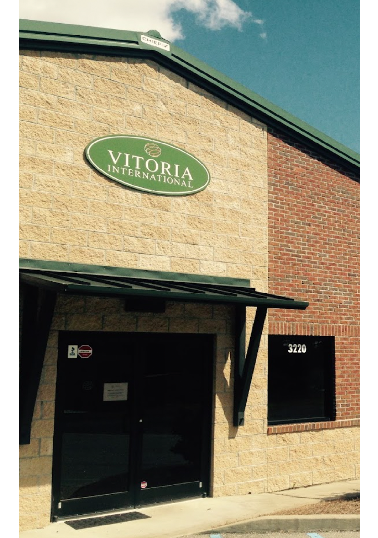FAQ
FAQs: Stone Countertops
We’re here to help you make informed decisions about your countertops. Check out our answers to common questions about pricing, finishes, and materials below!
How does pricing work for your stones?
We are wholesalers and sell slabs directly to fabricators. Fabricators then provide a detailed quote that includes their markup and additional services, like cutting, installation, and sealing.
To simplify pricing, each stone is labeled with a letter from A to F
- A: The most affordable option
- F: The rarest and most premium
This system helps you quickly understand the price range of each slab before working with your fabricator.
What finish options are available, and how do they differ?
We offer three finish types; each bringing a unique look and feel to your stone:
- Polished: A shiny and reflective, perfect for highlighting natural patterns.
- Honed: Matte and smooth for a more understated look.
- Leather: Matter with a subtle texture that adds character.
Why choose granite or quartzite?
These natural stones are highly durable and versatile:
- Resistant to heat, stains, and scratches.
- Outdoor Friendly: Ideal for outdoor use with honed or leather finishes.
- Care tip: Sealing is recommended since natural stones may react differently to chemicals and kitchen substances.
What should I know about Marble, Dolomite, and Limestone?
These stones bring elegance and sophistication but require extra care:
- Heat Resistant: Especially marble
- Softer surface: More prone to staining, scratching, and etching.
- Care tip: Sealing is essential. Consult your Fabricator to select the best sealer and learn about maintenance.
Is Soapstone a good option?
Soapstone is both practical and beautiful:
- Heat and Stain Resistant: A durable choice for kitchens
- Surface variations:
- Grey soapstone may scratch more easily.
- Black soapstone is typically more scratch-resistant.
- Care tip: As a natural stone, scratches and etching can still occur over time.
What are the benefits of quartz?
Quartz offers the beauty of stone with added convenience:
- Low Maintenance: Resistant to scratches and stains, though not completely impervious.
- No Sealing Needed: Quartz does not require sealing, unlike natural stones.
- Limitations:
- Not suitable for outdoor use.
- Prolonged heat exposure can cause damage due to its resin and epoxies content.
- Care tip: Avoid placing hot pans or pots directly on its surface to maintain quartz’s appearance. Clean regularly with mild soap and water and avoid abrasive or acidic cleaners.
Natural Stone vs. Quartz – A Quick Comparison
- Natural Stone: Ideal for those seeking unique beauty, excellent heat resistance, and outdoor use (with proper care)
- Quartz: Best for low maintenance, consistent patterns, and modern design flexibility.




